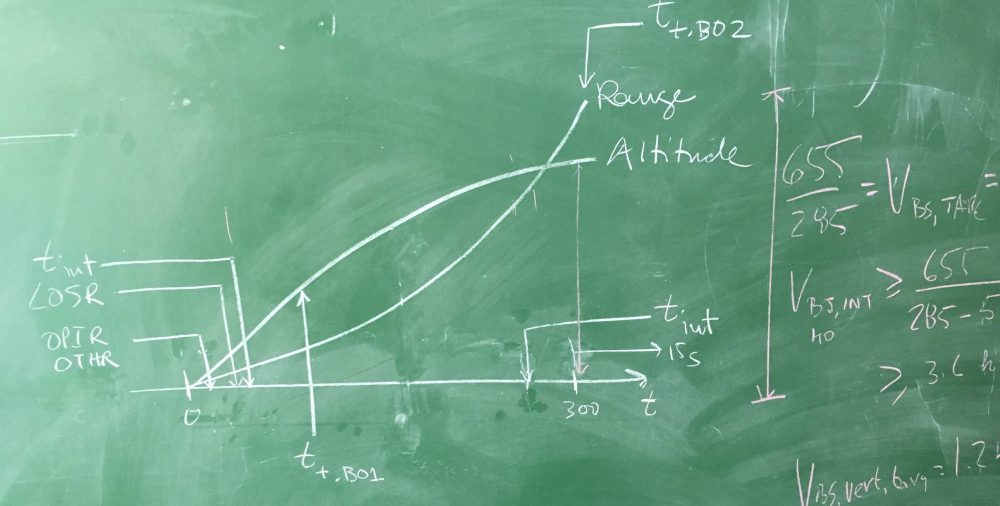Dear Physics Community,
A quiet day – no Academic Continuity Meetings, phone/zoom/texts were quiet. A good day to think about things.
Alan de Botton – is an active philosopher/adventurer/deep thinking. He was a writer in residence at Heathrow Airport and founder of The School of Life. I will read anything he writes. He just has a great piece relevant for today here.
Physics Events
- Wednesday, April 15, 4-5 pm, Undergraduate Office Hour
- Thursday, April 16, 2020, 4-5:50 pm – Colloquium – Mina Arvanitaki
- Thursday, April 16, 2020, 12-1:30 pm – “Grading and Exam Guidelines for the Spring Term”, Nergis Mavalvala
- Thursday, April 23, 2020, 12-1:30 pm – Nikta Fakhri
Special Tuesday Lunch Talk Series
- Tuesday April 14, 12pm noon, https://mit.zoom.us/j/632177654 BYOL
- Steven Silverberg – “Peter Pan” Disks: Long-lived Accretion Disks Around Young M Stars, and How Citizen Science Found Them
- Jinghui Liu “Vortices, space-time braids and loops in the membrane of a living cell”.
If you’d like to give one, contact Anna.
Physics Department
Two important repeats:
UROP direct funding – Direct funding proposals for SUMMER UROP are due April 21. Faculty: please apply for these. Current UROP students: please encourage your faculty supervisor to apply for you to work during the summer. Students who would like a UROP – fill out the form Cathy sent you NOW and we will direct you to faculty with compatible interests. Faculty can also support UROPs from directly – if you have funds to a UROP, please apply for MIT direct funding to take another.
Summer forms for undergraduates – Cathy sent out a form for you to fill out about your summer plans and if you would like help in finding something this summer. Please fill it out as soon as you can and the Department will try to find something for you. No promises except that we will do out best.
Los Endos
Saturday Night is a movie night at our house. Jane Ann chooses something relatively short and uplifting. So far:
- Big – Tom Hanks
- Bringing up Baby – Cary Grant, Katherine Hepburn
- The Way, Way Back – Steve Carell, Sam Rockwell (who looks like Bob Millard)
- Nim’s Island – Abigail Breslin, Jodie Foster
All recommended for families.
I have always felt MIT is too damn busy and we need to scale back by about 10% to give time for thinking, socializing, and “wasting”. The Administration is absolutely unsympathetic to this point of view – I have brought it up with them. This is why I never fill out the Quality of Life Survey.
Now we are in this weird time with everything upended. This could be a time when we build in 10% unstructured time. I will write more in the coming days. Thoughts welcome.
Peter
